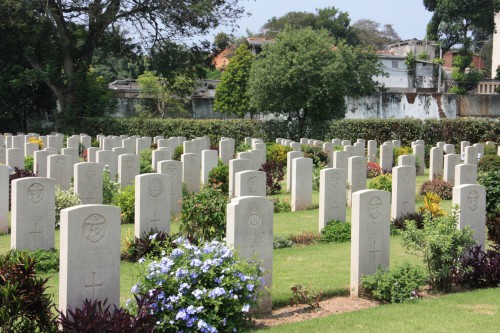11th November 2014 Colombo, Sri Lanka
A Time To Heal
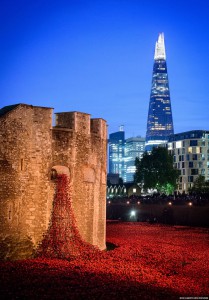
Over the course of this summer, 888,246 ceramic poppies have progressively filled the Tower of London’s moat. Each poppy represents a British military fatality during the Great War of 1914-1918. In total, over nine million died, over 20 million were wounded and over seven million were reported mission in action during those four years – a scale of devastation unimaginable to all those who celebrated war’s outbreak in August 1914.
Four hundred and forty two of the military casualties were Sri Lankan. Around 2,000 volunteers from the Ceylon Defence Force fought not only in defence of the island, but in the Middle East, at Gallipoli and in Europe. The graves of those who died are scattered around the globe, but every one of them is remembered on the memorial outside Colombo’s Public Library. And at the Liveramentu Commonwealth War Graves cemetery on Torrington Avenue on Sunday, the path to the cross and the cross itself were outlined with four hundred and forty two poppies, to show that we remember them still. We get used to numbers and statistics. On Sunday, pressing the poppies into the ground and weaving them into wreaths, we counted and remembered every one of those lives given so long ago.
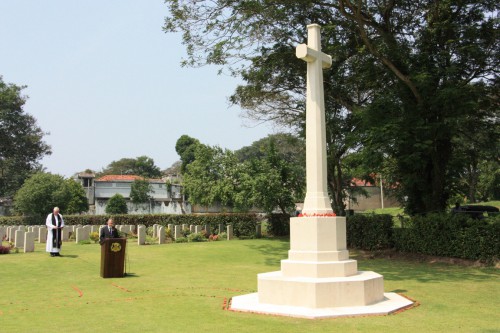
A hundred years on, why remember? Britain, France and Germany now share a common foreign and defence policy within the European Union. We don’t always agree, but we have structures and rules to manage those disagreements. The Great Powers of the 20th century debate their differences around the Security Council of the UN. But communities and individuals are still brutally affected by war and its aftermath all around the globe. So remembrance is driven by a powerful motivating force: never again.
We are responsible for how we remember the past. As the German Ambassador read to us on Sunday: “There is a time to kill, and a time to heal.” Commemoration is a creative and responsible art. How we choose to remember informs our attitudes and emotions in the present and opens up or closes down possibilities for the future. It helps us avoid the mistakes of the past.
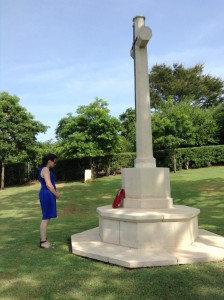
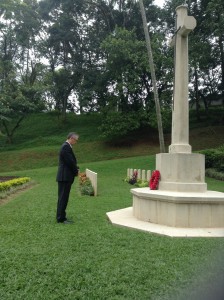
Remembrance is an apolitical act. At thousands of services of commemoration around the world on Sunday, those with whom Britain currently has the most strained foreign and defence relationships joined us to remember those who died and to give new urgency to reconciliation and healing.
At the going down of the sun and in the morning
We will remember them.
